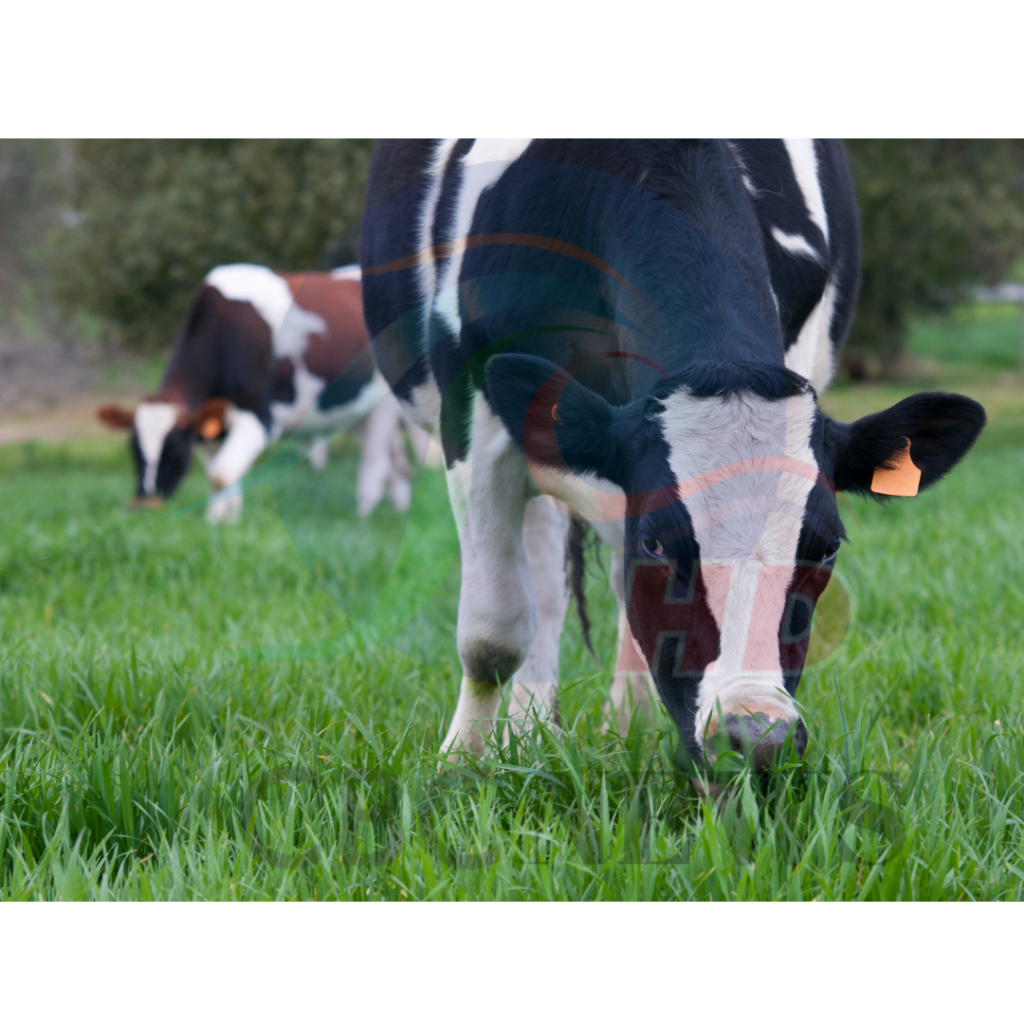With Barbados expected to experience “very high temperatures” over the next few weeks, Senior Veterinary Officer and Head of the Veterinary Services, Dr. Mark Trotman, is urging farmers to take good care of their livestock.
His plea comes against the backdrop of the Barbados Meteorological Services indicating that extreme heat conditions were expected to continue “possibly into mid-October”, and from information reaching him that farmers are witnessing “some animals dying from the heat”.
Reminding them that heat tolerance can vary between and within species, he stressed the need to be vigilant and take precautions.
Speaking to the Barbados Government Information Service (BGIS) on Tuesday, Dr. Trotman said that cattle are more prone to heat stress than sheep and goats; pigs and poultry are highly susceptible to heat stress and sunburn, while high producing dairy cows are more affected by extreme heat than lower producing cows. Additionally, young and old animals, dark-coloured ones, and those that are sick are at high risk for heat stress.
Pointing out that farmers could recognise the signs of heat stress in animals through their restlessness, Dr. Trotman noted that there may also be increased salivation, panting and stumbling.
n addition, there may be increased water intake, and the animals may have loss of appetite; be lethargic, or in some instances, collapse or have convulsions.
He added that in poultry the effects of the heat may be seen through laboured breathing and panting; a pale comb/wattles; the lifting of wings away from the body, lethargy, diarrhoea and seizures and/or convulsions.
The official acknowledged that there were several steps farmers could take to prevent an emergency. Among these is providing their animals with a plentiful supply of clean, cool water and a shady area.
Adding that they should ensure that water troughs and containers are large enough and can be easily accessed, he stressed they should also consider supplementing the diets of their livestock with electrolytes (especially the birds).






More Stories
Broad street drains to be cleaned
Legislation coming to regulate water sports
CBB Governor supports banks’ decision on crypto